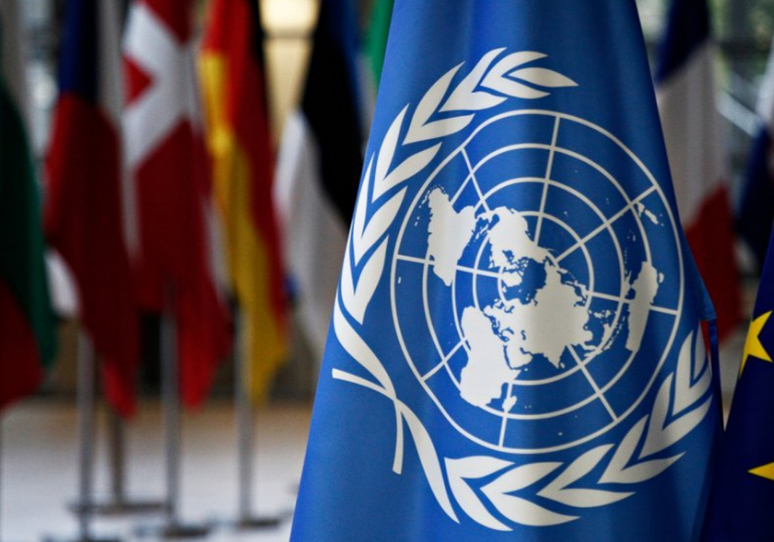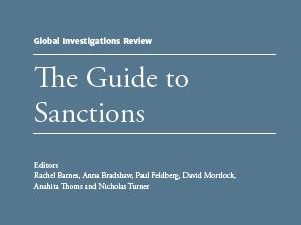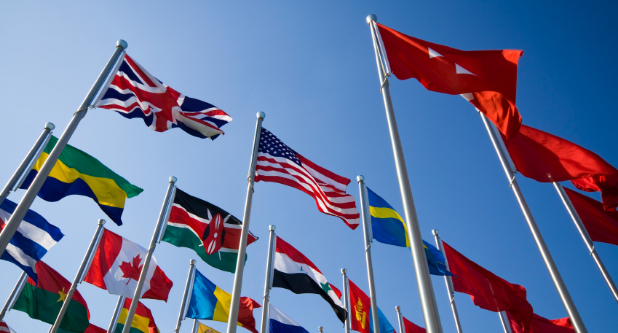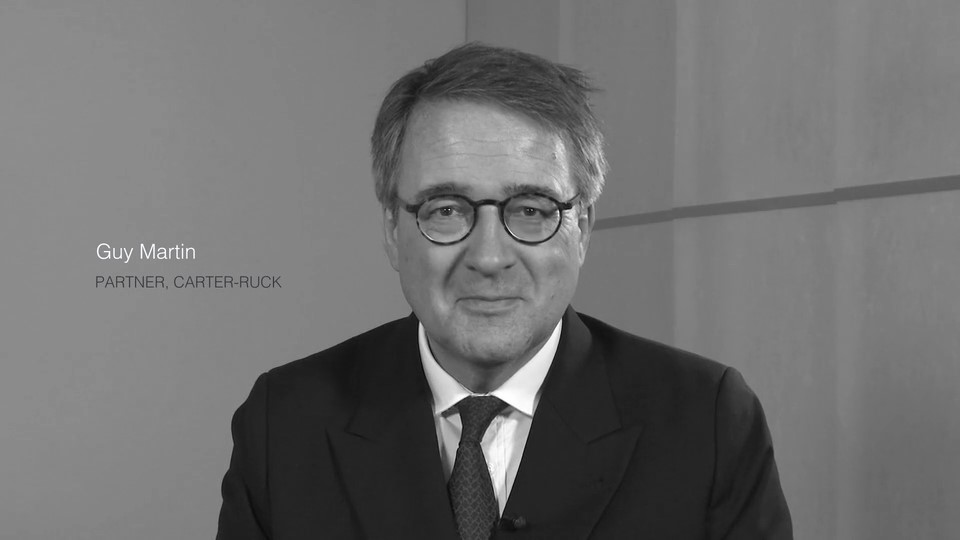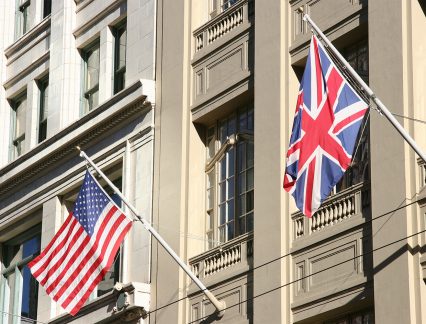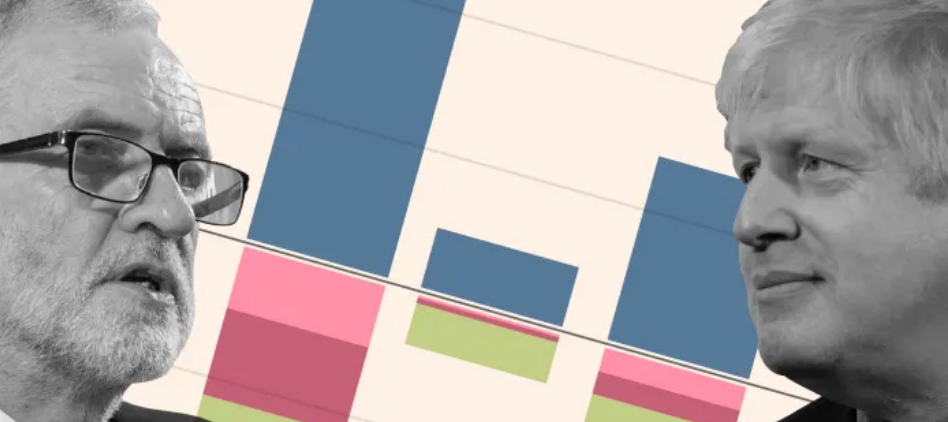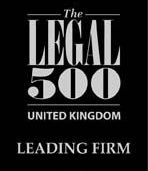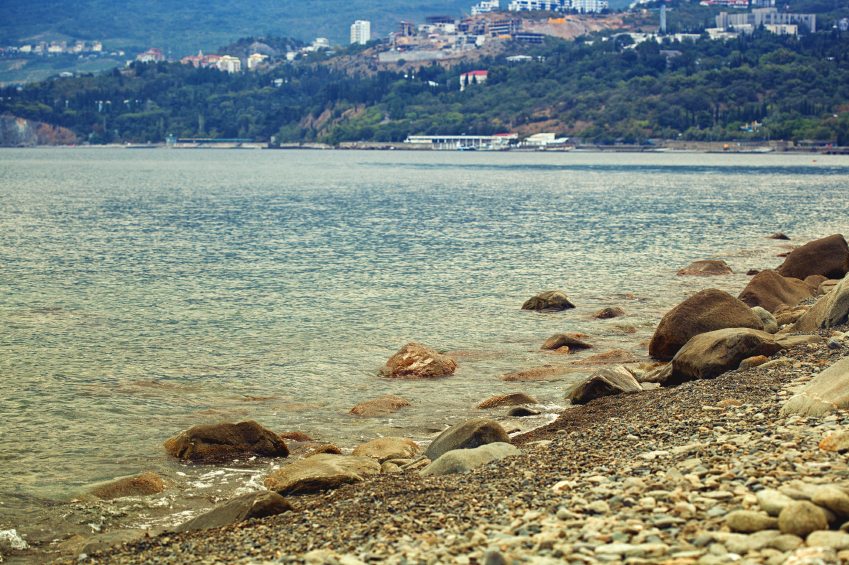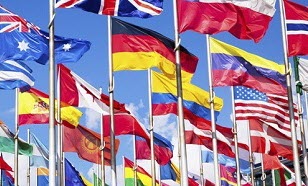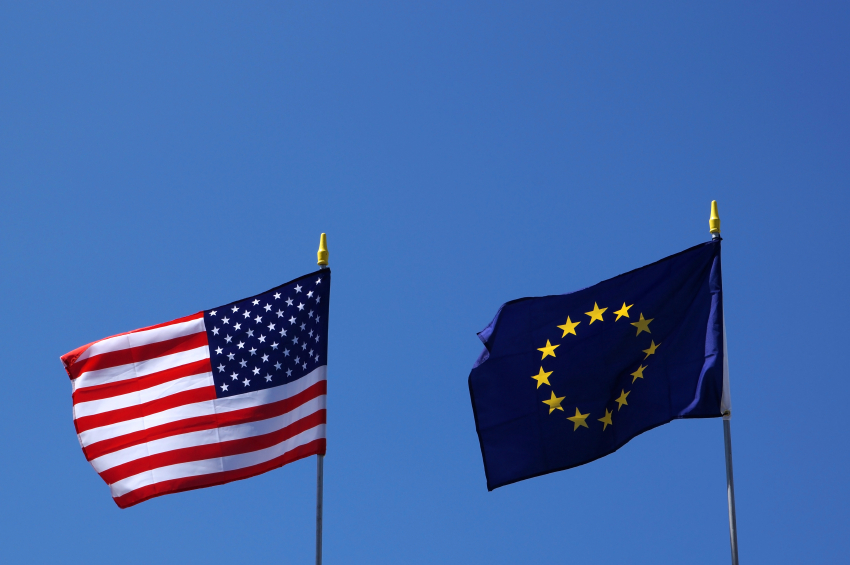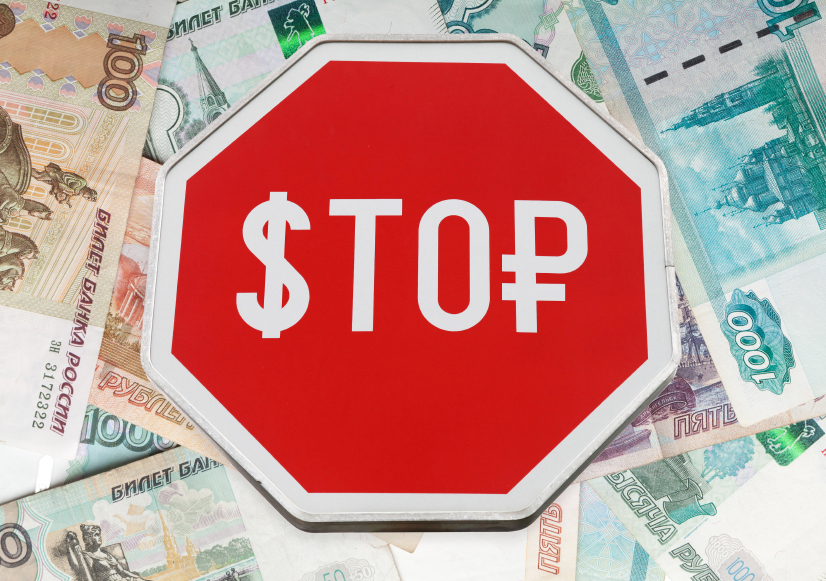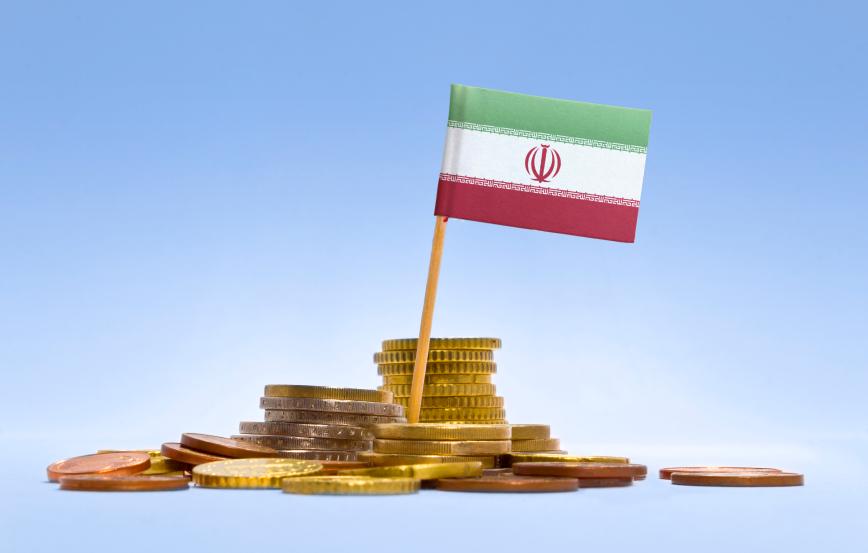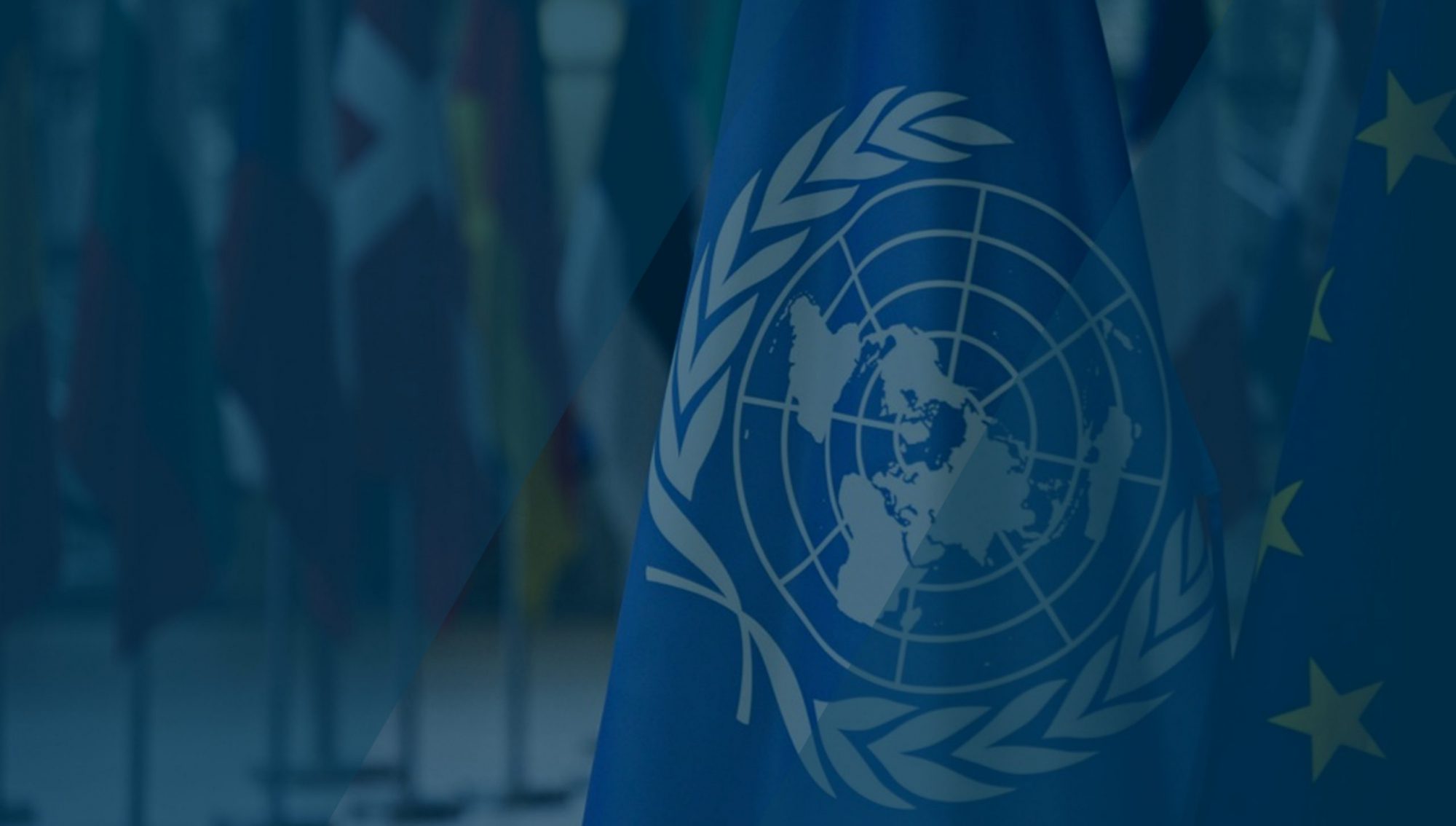
Human Rights and Geopolitical Conflict
We are recognised experts in this field and have a great deal of experience managing legal and regulatory disputes with a human rights or geopolitical aspect
We have assisted political leaders, businesses, investors and states with a range of issues including cross-border regulatory investigations, the application of the OECD Guidelines for Multinational Enterprises, extradition, detention and torture, sanctions and restrictive measures, Mutual Legal Assistance, INTERPOL Notices (including Red Notices), diplomatic protection and international inquiries.
Our Clients
- Carter-Ruck mandated an inquiry team to look into the credibility of photographs and other evidence relating to the torture and murder of prisoners by the Syrian regime. The team, led by the late Sir Desmond de Silva QC found “clear evidence, capable of being believed by a tribunal of fact in a court of law, of systematic torture and killing of detained persons by the agents of the Syrian government”. Carter-Ruck was retained by Suha Arafat, wife of the late Palestinian leader Yasser Arafat, to coordinate worldwide efforts to investigate the circumstances surrounding her husband’s death and possible evidence of radioactive polonium poisoning
- Carter-Ruck acted for the late Russian businessman and politician Boris Berezovsky, including successfully resisting his extradition to Russia and opposing other measures taken against him by the Russian government
- Carter-Ruck has successfully acted for claimants in sanctions annulment matters whose claims are based in part on human rights violations. Examples include the late former President of Egypt Hosni Mubarak, and Saudi businessman Yassin Abdullah Kadi
24/7 Partner-led Crisis Response
We have a 24-hour, 365 days of the year crisis management response team – one of our specialist partners is always available to respond to urgent crises at any time.
Case studies
An inquiry team mandated by Carter-Ruck to look into the credibility of photographs and other evidence relating to the torture and murder of prisoners by the Syrian regime found “clear evidence, capable of being believed by a tribunal of fact in a court of law, of systematic torture and killing of detained persons by the agents of the Syrian government”.
The team was chaired by The Right Honourable Sir Desmond de Silva QC (former Chief Prosecutor of the Special Court for Sierra Leone) and also comprised Professor Sir Geoffrey Nice QC (former lead prosecutor before the International Criminal Tribunal for the former Yugoslavia) and Professor David M. Crane (former Chief Prosecutor of the Special Court for Sierra Leone), together with an independent forensics team.
They reviewed the evidence of a Syrian defector, who had formerly been a military police officer tasked with photographing and documenting the bodies of detainees brought to a military hospital.
This individual had taken approximately 55,000 photographs – which have now been smuggled out of Syria – relating to approximately 11,000 dead detainees. The inquiry team found the defector to be “a truthful and credible witness”, who gave “an honest account of his experiences”.
Forensic analysis of a large number of his photographs showed them to be authentic and to record the widespread use of torture by various means including prolonged starvation, ligature strangulation and beating. It also found there to be compelling evidence of the “systematic” and “organized” killing of persons in detention facilities. The inquiry team’s report concluded that the available evidence “would support findings of crimes against humanity against the current Syrian regime” and also “findings of war crimes against the current Syrian regime”.
The report was widely covered in the media including CNN, the Daily Mail, the Telegraph, Reuters, The Guardian, The Independent, The Times, BBC, ITV, Sky

